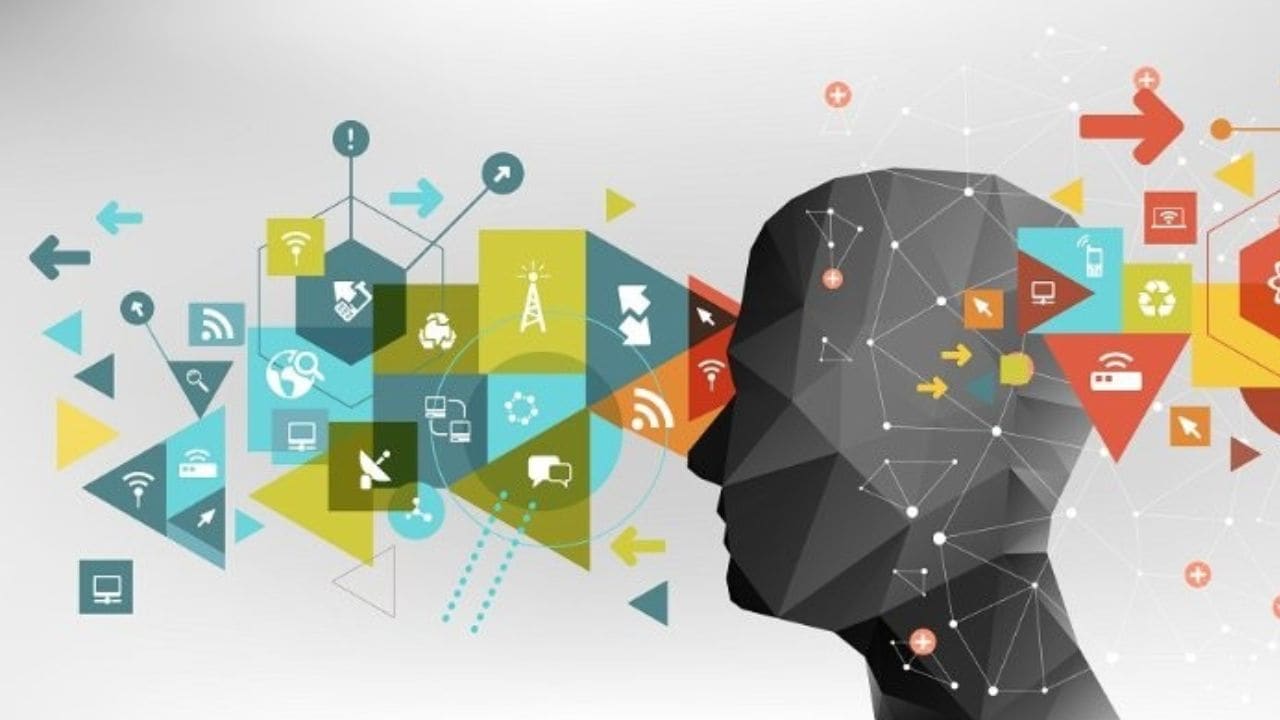As 2024 comes to a close, one cannot help wonder whether we are going to raise a generation that’s tech savvy but shallow. And to tackle this cognitive decline, do we need a new literacy for the digital age?
Consider this. A highly educated person in the 18th century would have consumed 74 gigabytes of information in their lifetime. The modern human being consumes this in a single day today. Is our brain ready for this?
It is true that our brains are designed to handle vast amounts of information. To process this, the brain needs cognitive resources like:
Working memory: The ability to hold information in mind while performing other mental operations on the information.
Episodic memory: This is the ability to recall past events – read in previous chapters, other books or from our own life and relate them to the present moment.
Long form reading of books is known to enhance both working memory and episodic memory. However, scrolling mindlessly and skimming digital environments for sensational news (given the information overload across devices), exceeds our cognitive capacity. Neither can our working memory hold it, nor can our episodic memory pause and relate to it.
Read More: Bookstrapping: SERVE by B.S. Nagesh & Ritu D Ferrao
Our cognitive resources such as ‘attention’ are completely strained. This can lead to confusion, stress, mental fatigue, poor decision-making, forgetfulness, and decreased productivity.
Which brings us to …
“Every medium has its costs and weaknesses; every medium develops some cognitive skills at the expense of others…the Internet may develop impressive visual intelligence, the cost seems to be to deep processing: mindful knowledge acquisition, inductive analysis, critical thinking, imagination and reflection.” – Patricia Marks Greenfield, American psychologist.
Anything that changes the brain, changes the individual, the society and the future of our species.
So literacy changed our brain, allowed the individual to learn, share valuable information and knowledge across other members of society and allowed our species to survive.
Lack of attentiveness will also change our brain, reduce the amount of learning that happens, reduce the ‘valuable’ knowledge we share with each other and create problems for the survival of our species.
How so? Scrolling, skimming- as opposed to long form reading- may lead to shallow processing and forming convenient conclusions. We are not weighing alternatives or creating convictions of our own. This is the barrier to deep productive work that identifies and solves the problems of the world. (Deep productive work can also arise from meditation, travel, spiritual practices etc;)
And if we don’t solve the problems of the world, we may end up creating more. The fact remains that 800 years ago, reading became a mass activity and allowed for scientific progress and information sharing at an unprecedented pace and scale. The neuroplasticity of the brain allowed this new world to shape. The neuroplasticity of the brain, similarly, will allow for the decline of our cognitive abilities too. We need a new age literacy. A balance between traditional reading and digital consumption.
Watch out for our new year 2025 column for the contours of what this new age literacy will look like.
Reeta Ramamurthy Gupta is a columnist and bestselling biographer. She is credited with the internationally acclaimed Red Dot Experiment, a decadal six-nation study on how ‘culture impacts communication.’ Asia’s first reading coach, you can find her on Instagram @OfficialReetaGupta
